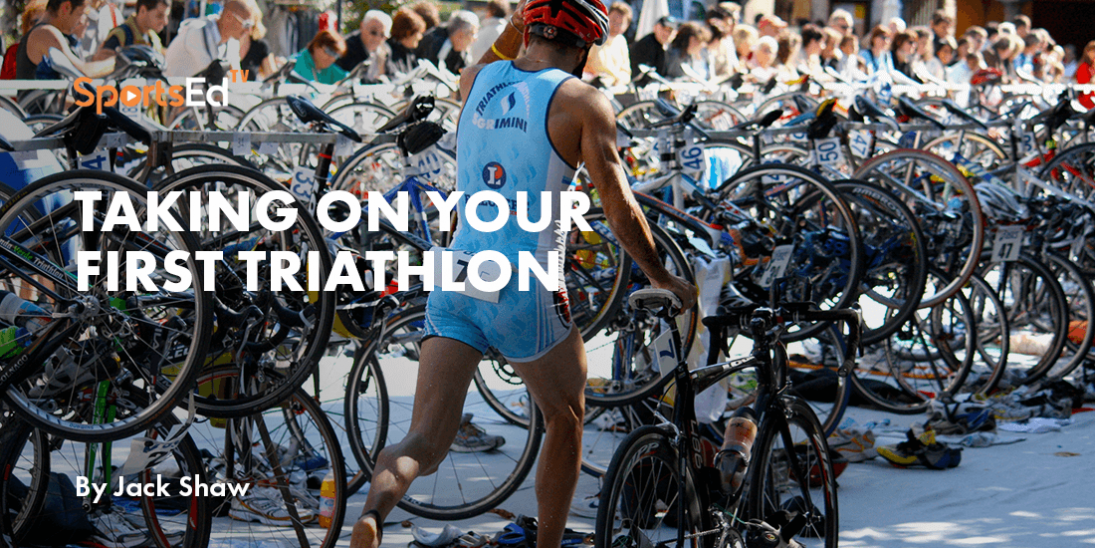Baseball, Basketball, Rugby, Soccer, Volleyball
Welcome and thanks for visiting...

How to Keep up Your Training in the Off-Season
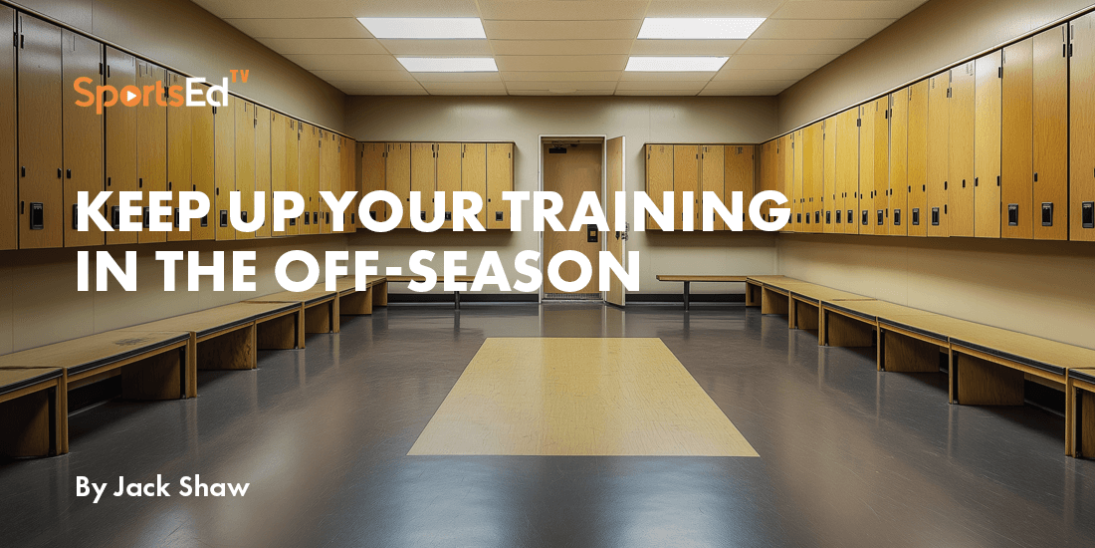
During the off-season, athletes and coaches reflect on previous results and focus on the future. The first game, match, or competition of next season could be months away, leaving a void between now and the penultimate weeks.
How can you make the most of your free time? While it can be easy to slack off, this time of year is excellent for training. Here’s how you can maximize your off-season training.
5 Off-Season Training Tips
Practices and training sessions naturally change after the season is over. Here’s how you should approach the off-season and keep up your training.
1. Find Rest Periods
First, you should find time to rest. After a grueling season, your body may be ready for lighter workloads. Take a few weeks after the last competition to reset your body and recover from the physicality. If you don’t, you could risk overworking your muscles and causing unnecessary injuries.
Rest periods are not just for your body — your mind needs time to relax. Athletes should take time away from their sport and focus on psychological recovery. Research shows this restoration depends on high-quality sleep, wakeful resting and other good habits.
2. Eat a Healthy Diet

The off-season workload will likely be lighter and less intense than the competition season. Therefore, athletes must adjust their diets while still eating healthy foods throughout the year. You may feel tempted to stray from your meal planning, but nutrition is critical to maintaining muscle and fitness.
For example, your off-season diet should include enough protein to protect your muscle growth. Large eggs contain about 6.3 grams of protein each, making them terrific for breakfast. When focusing on this macronutrient, lean meats and plant-based proteins should lead the way. Then, focus on carbs, fats and micronutrients.
3. Perfect Your Technique
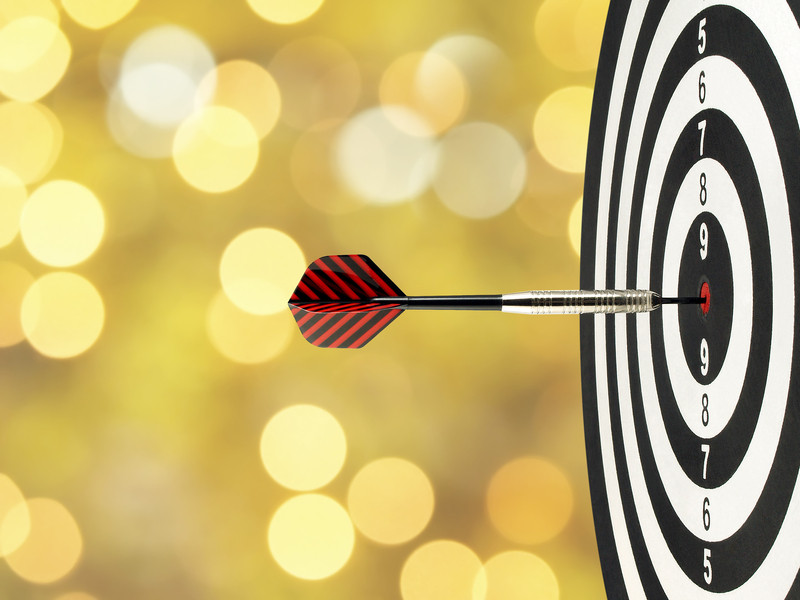
The off-season is ideal for reviewing where you can improve from previous competitions. While winners can take pride in their accomplishments, there are still strategies for getting better. After all, the competitors are playing catch-up and won’t take breaks to improve. Perfect your techniques to prepare for next year.
For instance, suppose you coach a weightlifting team. In the off-season, check the grip to ensure the athletes lift the barbells properly. When they bench press, encourage a standard grip with their thumb wrapped around the bar. If they’re doing rows and pull-ups, a thumbless grip is best.
4. Focus on Conditioning
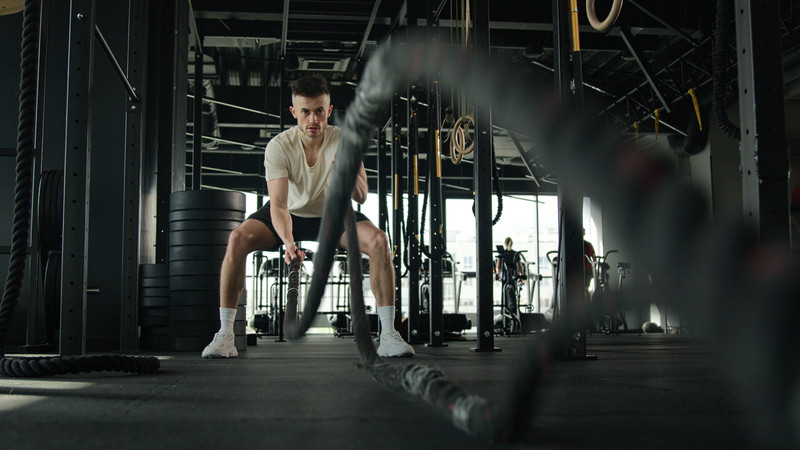
When athletes begin pre-season practices, the last thing you want to see is huffing and puffing. Conditioning should be a significant part of their off-season ritual because it keeps them in shape and ready to go. While perfect shape is challenging to achieve this time of year, it’s wise to prepare your body and prevent rust.
Off-season conditioning depends on your sport, but most regimens focus on endurance. With it, you have a better chance of succeeding next season. Basketball relies on conditioning because of the long, cardio-intensive games. In many sports, athletes use electrical muscle stimulation to stimulate muscle contractions and enhance performance.
5. Use Unique Exercises
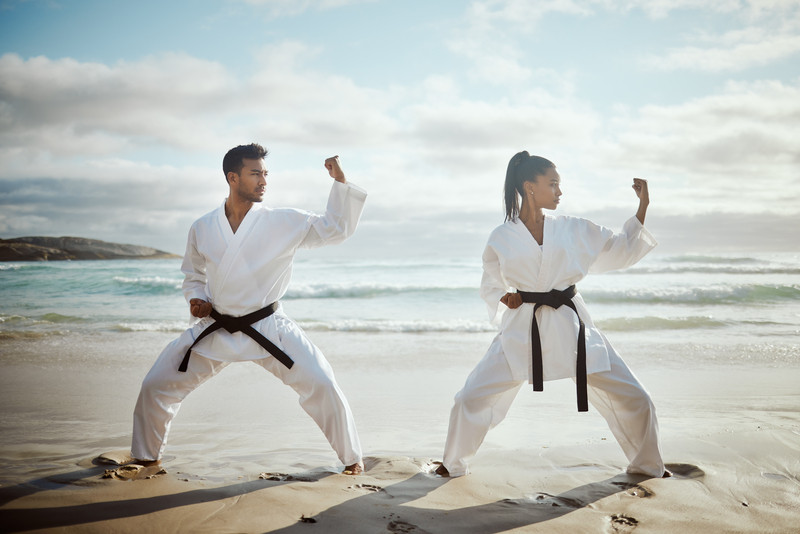
Athletes should focus on their discipline to improve their performances at games and competitions. However, other athletic activities can benefit your training, even if the sports are unrelated. For instance, Phil Mickelson plays golf but incorporates kung fu and Taekwondo into his training.
In the off-season, athletes should take advantage of the resources around them. For instance, many community pools allow lap swimming as long as competitive swimmers avoid contact with other poolgoers, like those using it for relaxed swimming or physical therapy. If you run track or play field hockey, you might practice at a nearby high school to keep in shape.
Why Off-Season Training Is Critical for Performance
The first game of next season may seem like a long time from now. That said, here are five reasons why off-season training is critical for the next performance.
1. Preparing for the Next Season
A physical and mental break is necessary for your psyche. However, you must consider next season’s preparation to prepare your team. Getting ready for competition season and games means evaluating current talent and recruiting new athletes to the roster. With these additions, you can start the next preparations.
Your off-season training also builds the foundation for next season and sets an example for athletes. If they see a coach taking the job seriously, they’re more likely to follow. This time of year should be for introducing new teammates and assigning leadership roles.
2. Building Team Chemistry
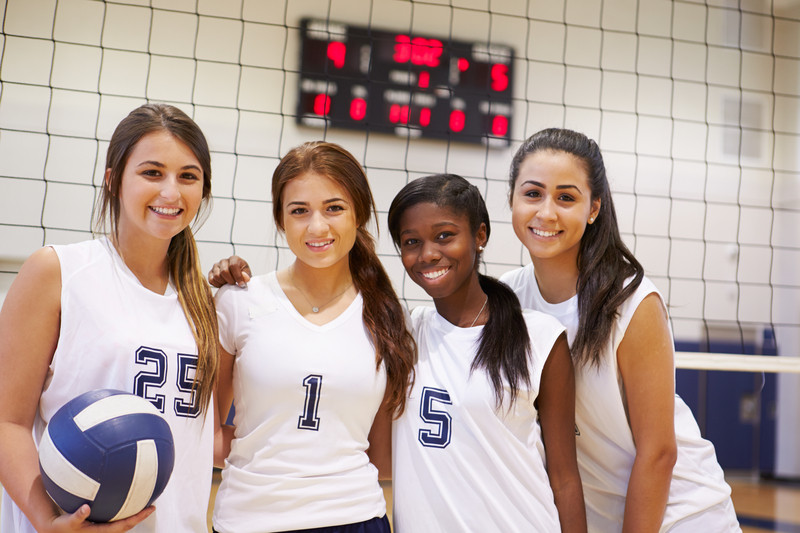
If you play a team sport, you understand the importance of chemistry. This rapport can take time to build, so it should be a significant focus in the off-season. For maximized success, coaches must focus on team-building exercises to bring the athletes together. While it depends on the sport, these activities are integral for chemistry.
For instance, basketball teams can do group workouts and skill drills to focus on their fundamentals. Then, they can practice communicating on offense and defense to find weaknesses. Coaches should also consider off-court events like team dinners and movie nights to improve morale.
3. Preventing Injuries
Injuries are an unfortunate part of sports. Your athletes could encounter them during games or training, so preparing their bodies for severe and minor injuries is essential. Experts say kids are more likely to break bones than get strains or sprains, thus emphasizing the need for conditioning.
Off-season training can help athletes build their foundation for strength training and mobility exercises. When you maintain strong muscles, your body can better absorb physical activity. Additionally, the off-season allows you to address muscle imbalances to make your body more well-rounded.
4. Addressing Weaknesses
Regardless of your results last season, the off-season provides a reset for all competitors. Before the next season starts, you can address weaknesses and prepare yourself and your team for the next level. Off-season training is critical for identifying these areas of improvement and spending adequate time fixing them.
5. Staying Mentally Sharp
Mental health among athletes is critical during and after the season. Once you get a break from the competition, you can finally relax from the physical and mental demands. The off-season is an opportunity for athletes to focus on themselves, family, and the other essential facets of life. When you come back, you’ll feel refreshed for another year.
During the off-season, coaches should encourage their athletes to balance sports and recovery. These sports leaders may recommend a book to read or special activities unrelated to the sport. For example, the book could be an inspirational story, and the activity could be a beach trip to get their minds right.
Maintaining Your Training in the Off-Season
The off-season invites time to reflect on past competitions and what the future holds. While the downtime increases, you can still find productive opportunities to balance rest and training for next season. Diet, technique, and condition should be priorities.





